
Why little Switzerland matters for the survival of tropical forests
The majesty of Switzerland's pristine nature reserves and a broadly shared love of the outdoors suggest a unique bond of many in this country to our planet's forests. While there is this deep-rooted tradition of respect of the environment, that respect does not necessarily extend beyond the country's borders, some environmental advocates say.
In corporate cubicles across the country, commodity traders and bankers determine the flow of much of the world’s soy, palm oil, cocoa and coffee. These traders keep millions of people fed – and caffeinated.
Switzerland has a hand in over 50% of the global trade in coffee and vegetable oils like palm oil as well as 35% of the global volume of cocoa, according to government estimates.
Most of these commodities, of course, never reach or transit the landlocked European country. Still, profits from their trade often do end up here.
That’s why the growing debate in Switzerland about their impact on deforestation in faraway lands matters. Activists say that Swiss trading houses, and banks, directly profit from the deforestation efforts by their suppliers and clients.
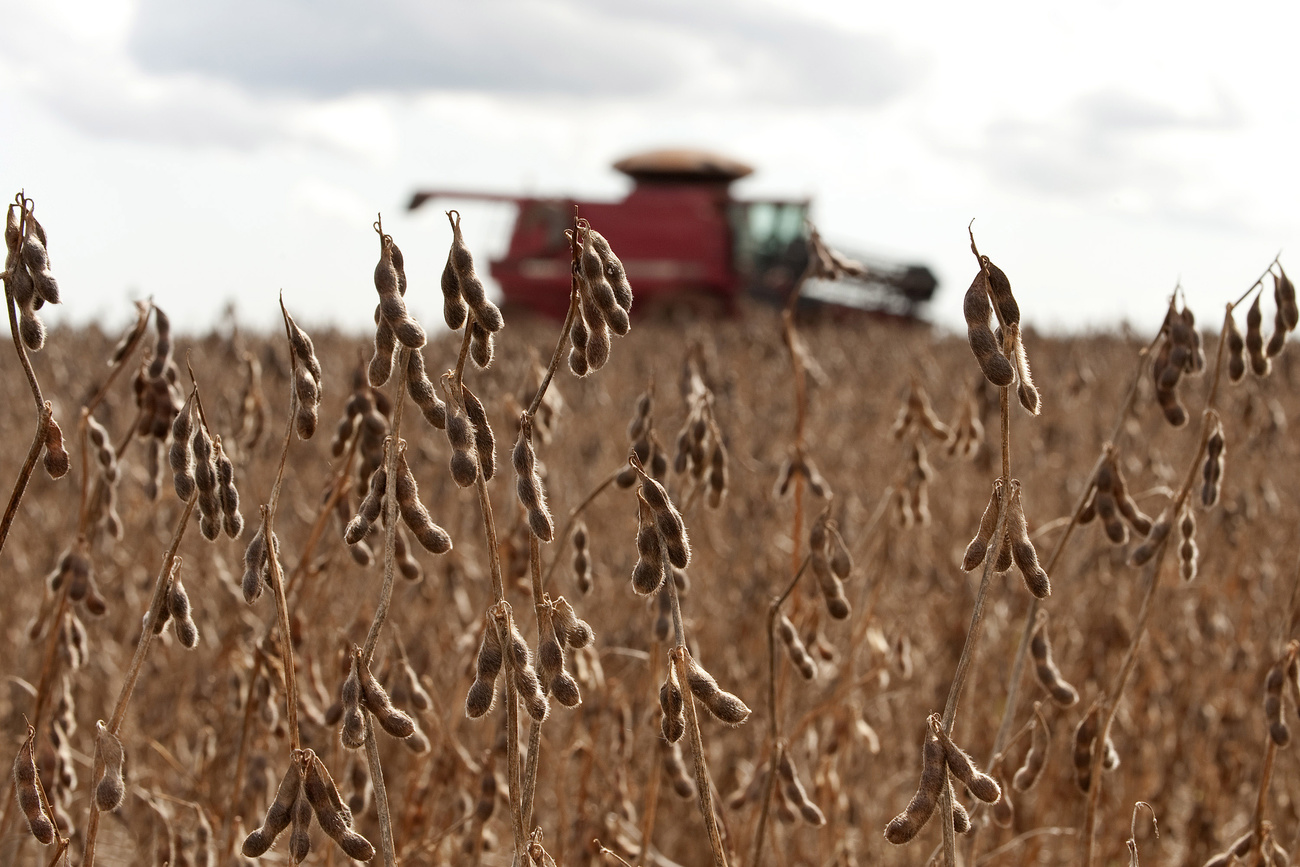
More
Can commodity traders get a grip on their soy supply chains?
The fault lines of the debate have shifted in recent years, as companies have sought to adapt to modern supply chain standards. But activists say companies aren’t doing enough. Companies respond that they are leading global efforts to introduce, strengthen and enforce supply chain standards.
“We are the only ones asking for evidence and transparency,” Benjamin Ware, Nestlé’s global head of responsible sourcing, told us recently, adding that sometimes it struggled to obtain that information from its suppliers.
But activists disagree. Asti Roesle, a campaigner with Greenpeace Switzerland, had this to say on Nestlé: “What we observe and what we care about is that all of Nestlé’s efforts so far have not led to a decrease in deforestation and forest degradation in regions where Nestlé supplies from.”
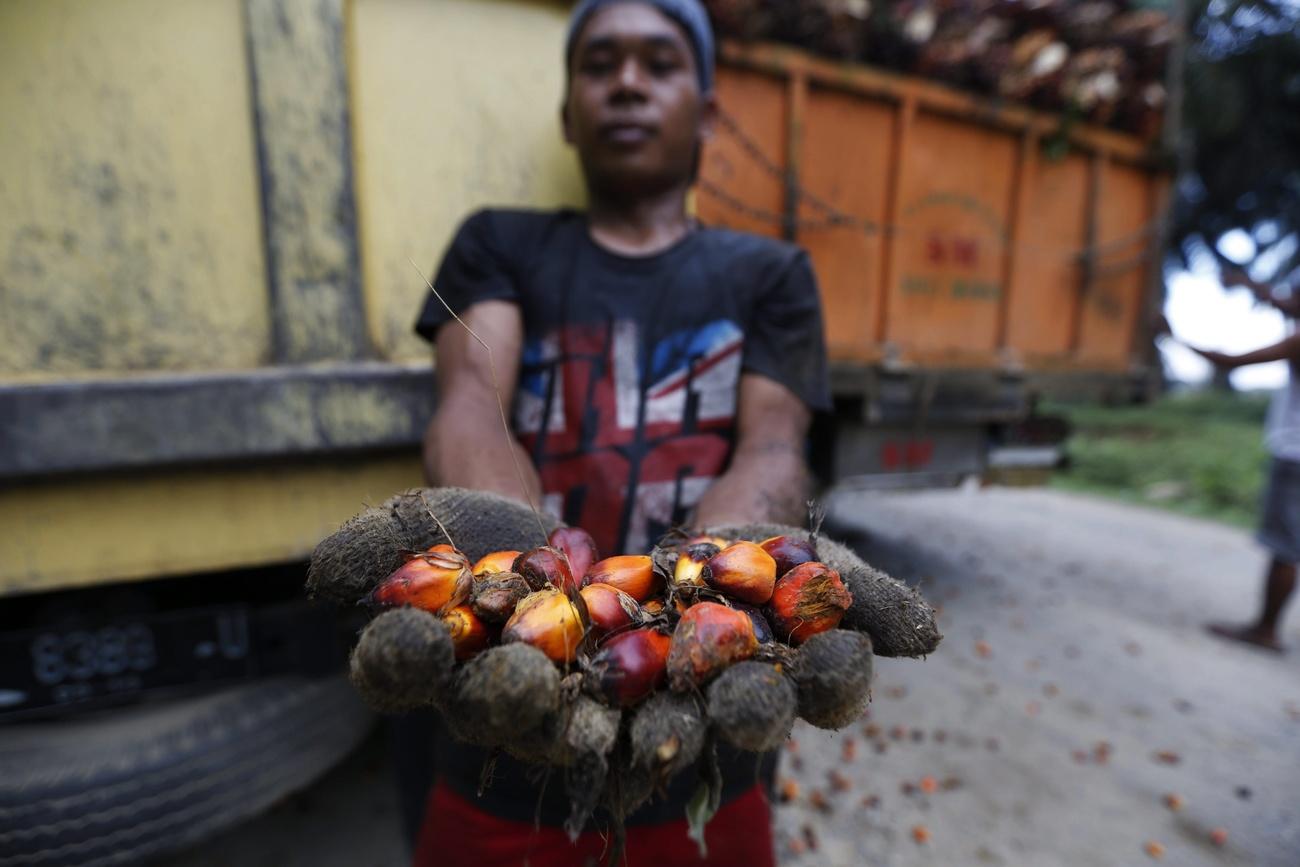
More
Why Nestlé won’t meet its zero-deforestation pledge
Switzerland’s financial sector also has a role to play in the preservation of rain forests. Take palm oil: Hundreds of millions of Swiss francs in financing have flowed to palm oil companies despite the risk presented by the sector to tropical forests, according to research by the advocacy groups Bread for All and the Swiss Catholic Lenten Fund.

More
The unethical palm oil trade
Major Swiss banks, including storied Credit Suisse, say that they only lend to firms that are members of the Round Table on Sustainable Palm Oil (RSPO). This is a palm oil industry and advocacy group, that aims “to develop and implement global standards for sustainable palm oil”.
However, recent episodes – like the dispute in Malaysia between the Dayak Hibun indigenous community and the supplier Sime Darby, a RSPO member – have shown that conflicts continue.
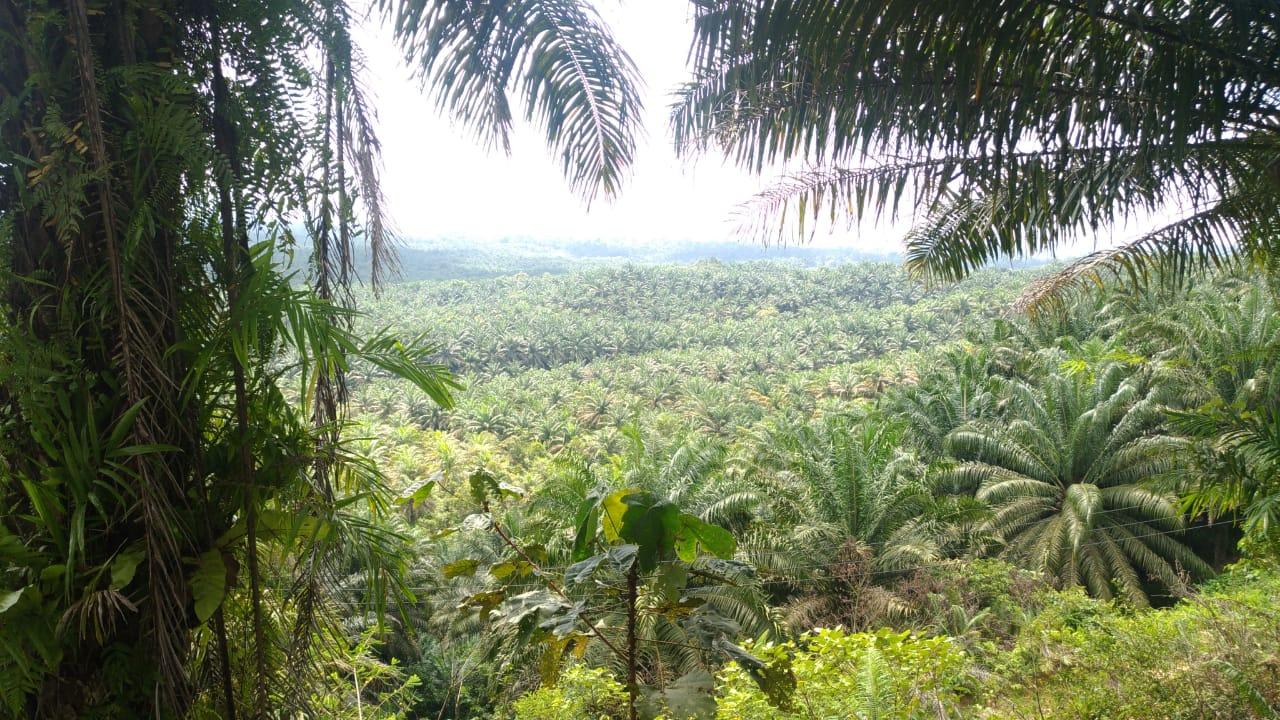
More
Is the sustainable palm oil label on a slippery slope?
Switzerland’s penchant for trade deals is another cause for concern among environmental advocates and critics. They say that the free trade deal with Indonesia, the world’s biggest supplier of palm oil, has incentivised deforestation there. Politicians are debating vociferously about concluding a similar agreement with Malaysia.
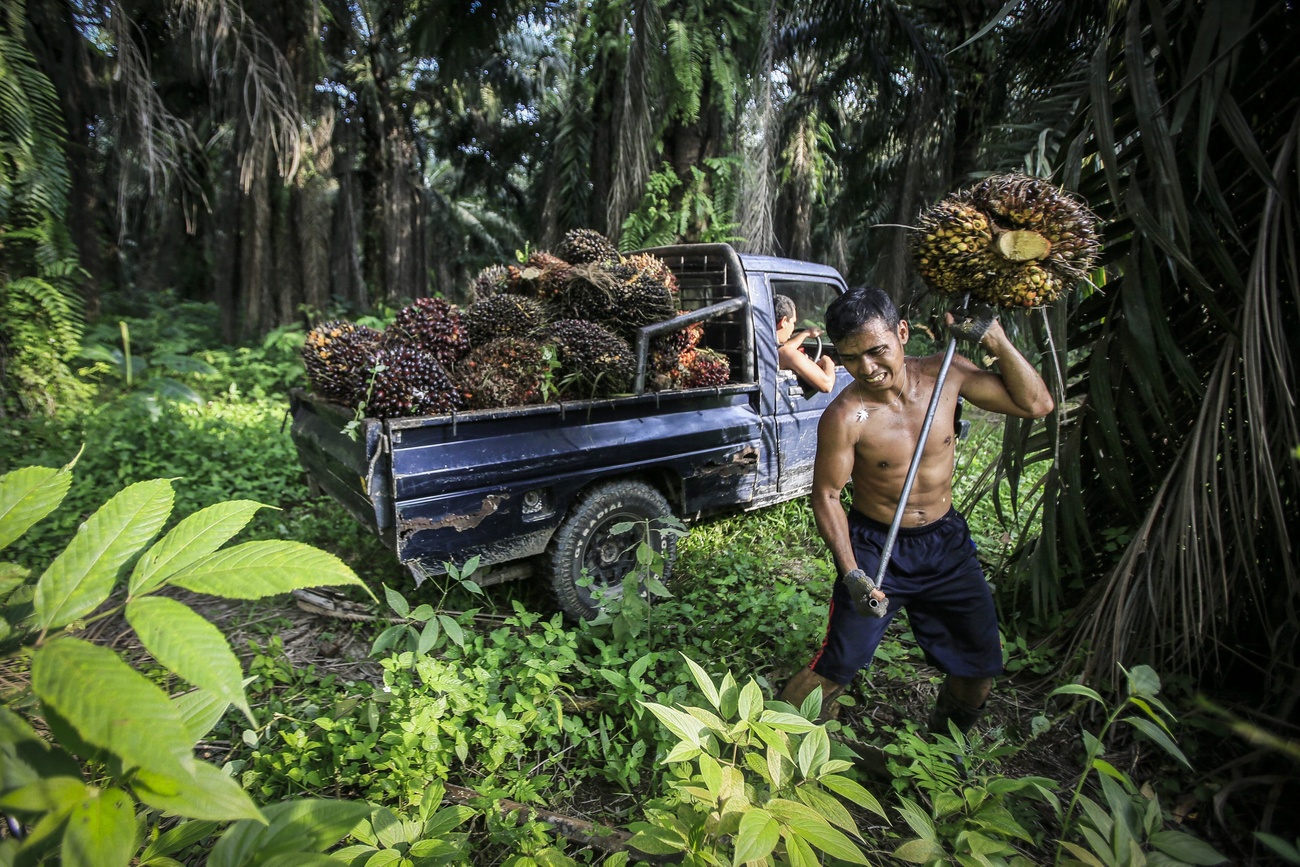
More
‘In Indonesia palm oil is bigger than watchmaking is for Switzerland’
There’s also a backstory: Bruno Manser, a Swiss environmentalist, rose to fame for defending indigenous communities there against deforestation efforts.

More
A moving homage to Bruno Manser
What’s next? Will growing awareness of climate change force stronger government oversight? Will consumers force change? How will companies react? We investigate over the coming months.
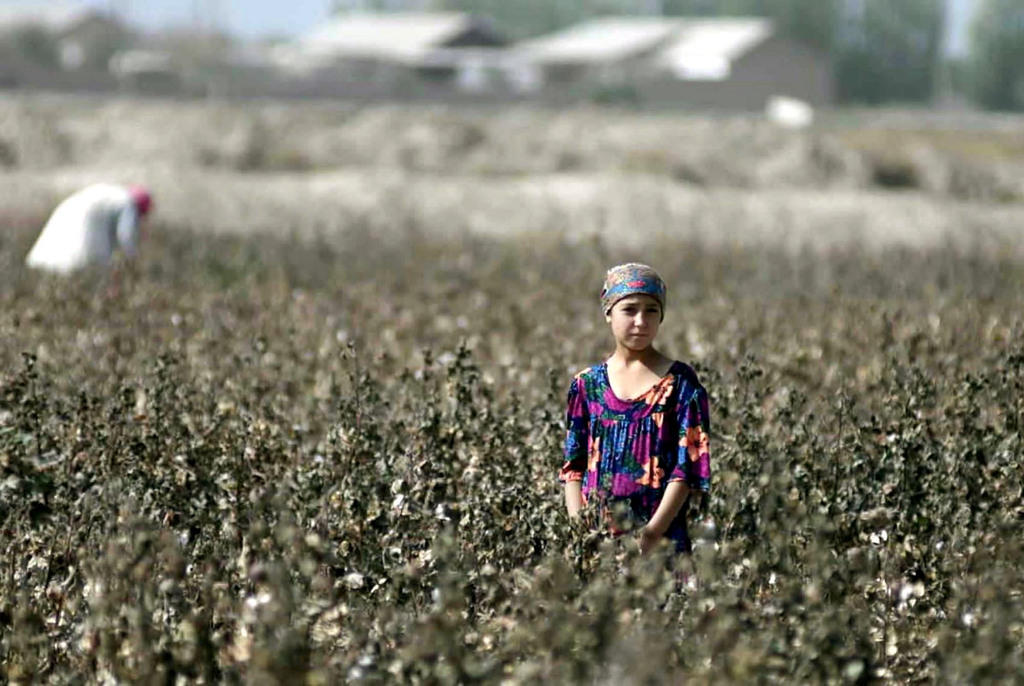
More
How easy is it to hold Swiss companies to account abroad?

In compliance with the JTI standards
More: SWI swissinfo.ch certified by the Journalism Trust Initiative








